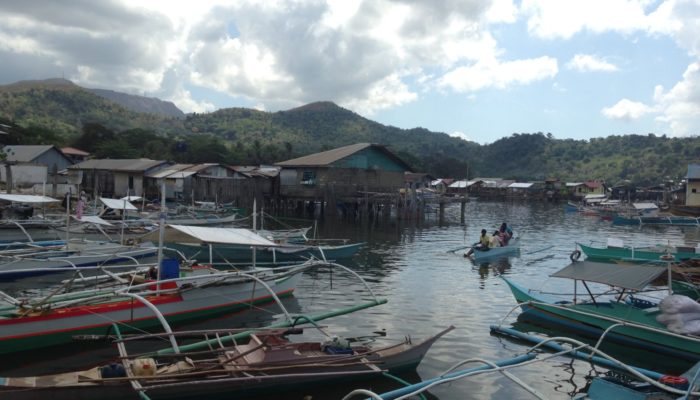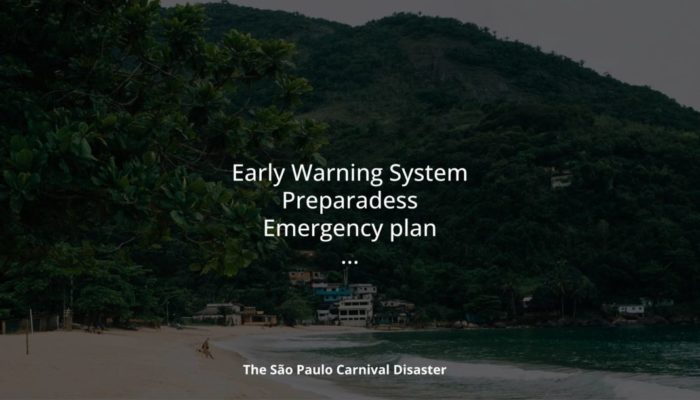Sophocles, a great tragic writer of Classical Athens, said that “success is dependent on effort”. When it comes to disaster risk reduction, are we doing enough to develop a culture of resilience and how do cultural factors affect people’s willingness to protect themselves and build an effective disaster reduction and reconstruction mechanism? In 1995 (17/01/1995), Kobe, Osaka (Ja ...[Read More]
The 2023 Carnival disaster in São Paulo: an all time record for rainfall in Brazil
In February 2023, Brazil experienced its largest rainfall event on record, which devastated the northern coast of the state of São Paulo. This event caused landslides, floods, and numerous fatalities, making it even more tragic than previous disasters in the region, which already have been elaborated on in another blog post. The situation highlights the urgent need for effective emergency manageme ...[Read More]
COVID-19 and natural hazards: a complex multi-risk scenario
COVID-19 has been a disruptive ‘tsunami’ that most countries were not prepared to handle. The pandemic has been representing a global slow-onset long-lasting disaster that has drastically challenged all emergency management systems worldwide. The pandemic slow-onset disaster has been characterized by a prolonged emergency phase with varying intensity levels, and a cyclic behavior, where the interp ...[Read More]
Reducing housing vulnerability to natural hazards – Interview with Dr Eefje Hendriks

The impact of natural hazards on vulnerable communities can be devastating, causing fatalities, damaging houses and livelihoods, and pushing people into poverty. These disasters make them even more vulnerable. A growing line of research identifies actions and tools to reduce vulnerability and make communities more resilient. An interesting and crucial part of this research investigates the role of ...[Read More]



